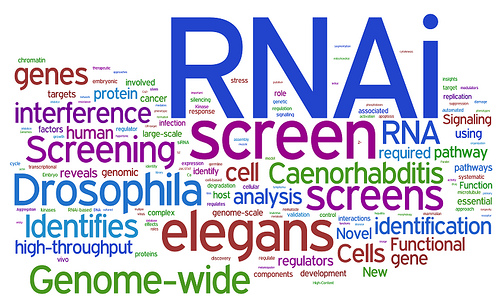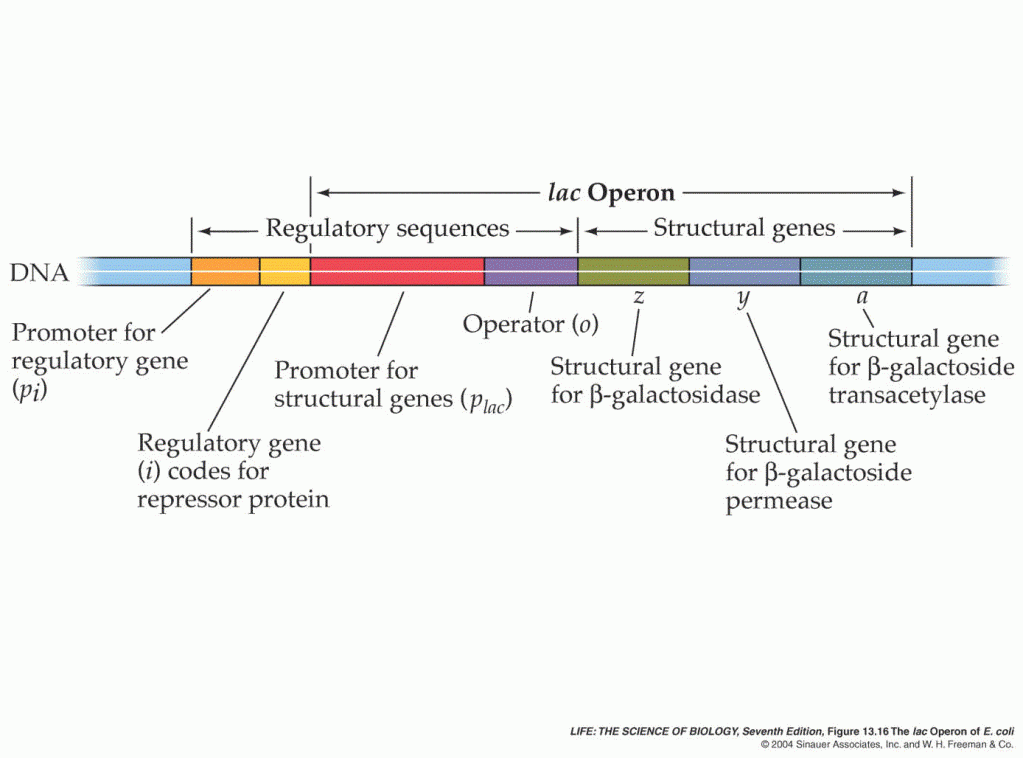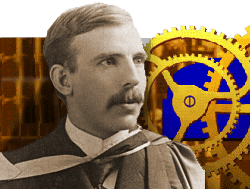
Regulation is the adaption of form of an organism or a particular system. Our bodies as well as our environments undergo regulation all the time. Regulation is a major component of all life functions. Regulation occurs at the molecular, cellular, and organismal levels, as well as to populations, communities, and biospheres. Regulation is a process...
Read more »
Posted in AP Biology, Themes in Biology | View Comments

Regulation, by definition, is the adaptation of form or behavior of an organism to changed conditions. Molecular Level – Operon The operon is a region of bacterial DNA that regulates gene expression in bacteria. The operon consists of four major parts: structural genes, regulatory gene, the promoter gene, and the operator. Structural genes are...
Read more »
Posted in AP Biology, Themes in Biology | View Comments

Science is a process which encompasses many methods in order to reach a final conclusion. An inference is defined as the reasoning involved in drawing a conclusion or making a logical judgment on the basis of circumstantial evidence and prior conclusions. Inference is a key part of the process of science. Much of the...
Read more »
Posted in AP Biology, Themes in Biology | View Comments

Evolution is arguably the most central theme in biology because it ties all other major themes together. Evolution is defined as a change in alleles in a population over time. In each level of life, there is evidence of evolution on a population through natural selection on individuals. Darwin, credited as the founder of...
Read more »
Posted in AP Biology, Themes in Biology | View Comments










